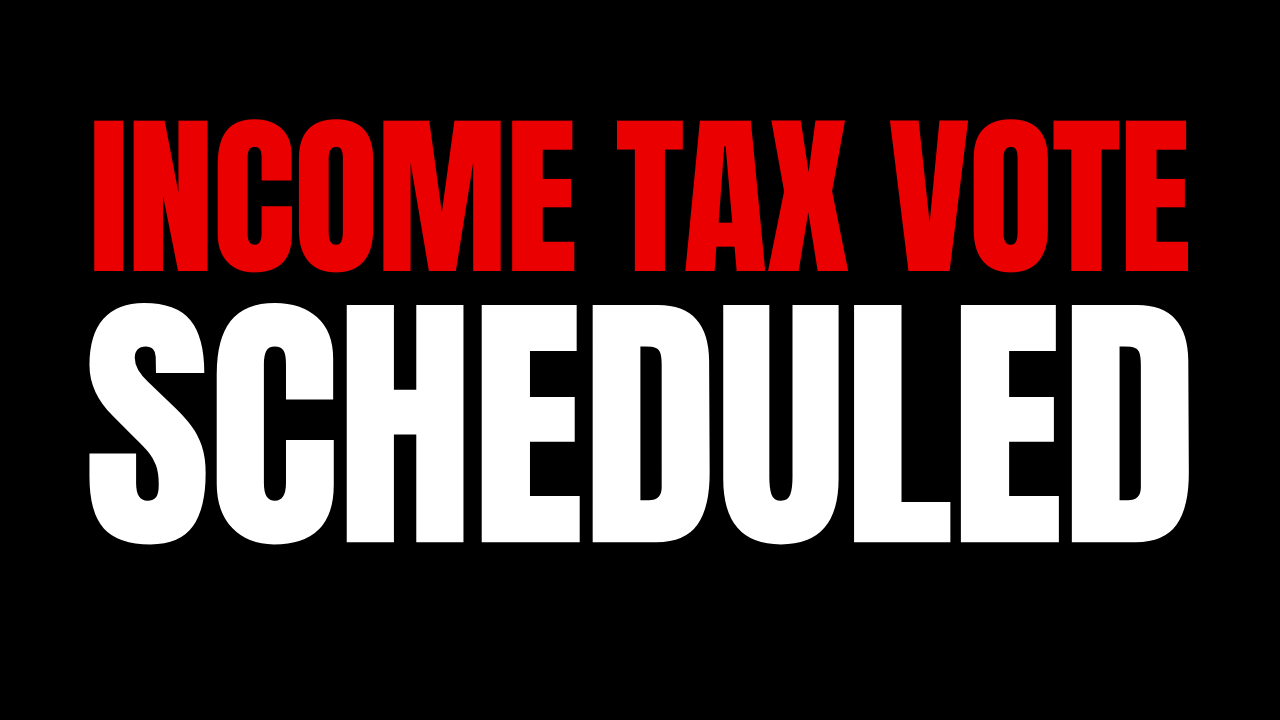Last week the U.S. Supreme Court ruled that Illinois home health care workers cannot be forced to participate in a union or pay “agency fees” or union dues. In Harris v. Quinn, SCOTUS ruled those workers are “partial public employees” and are not subject to a law that allows public sector unions to collect mandatory union dues, or agency fees, as a condition of employment.
Unlike regular government employees, home health care workers do not work for the state and are generally not paid directly by the state; they are care providers who work for the disabled or elderly in private homes and are paid from the government entitlement benefits received by their customers. Often these workers care for a family member and their union dues are automatically deducted from their loved ones’ monthly Medicaid check.
Like Illinois, Washington State requires home health care workers to pay union dues or agency fees, even if they do not want to be a member.
Immediately following the Harris ruling, WPC’s Jason Mercier noted home health care workers, caregivers for disabled children and language access providers, and possibly others, in Washington State are likely impacted by the Court’s ruling because state law makes it clear they are “not state employees.” According to the state, these workers are “only considered state employees for the purposes of collective bargaining." Mercier said, “If the Court says home care workers in Illinois can’t be forced to give money to a union, then home care workers in Washington can’t either.”
A recent ruling by the Washington State Supreme Court indicates Mercier is right. In Rekhter v Dep’t of Soc. & Health Servs, the state’s high Court found DSHS does not have an employer-employee relationship with live-in care providers. The Court held that while DSHS controls payments to providers (from Medicaid funds), that role as payor does not establish the state agency as their employer. The Court specifically noted that under state law, the state is considered the employer of the providers “solely for the purposes of collective bargaining.”
Washington State Attorney General Bob Ferguson has said his office needs time to review the case to determine “what, if any” impacts Harris has on workers in Washington State. But SEIU Healthcare 775NW told The Seattle Times the union began “working closely” with state AG Ferguson and Governor Inslee before the ruling to figure out what “additional steps” the state may need to take “so that the home-care program continues to be strong.”
Freedom Foundation CEO Tom McCabe, who says “it will likely take litigation” to force the state to comply with the ruling, responded to SEIU’s revelation that the Attorney General and Governor have been “working closely” with the union:
“We trust the goal of this coordination is to honor the principles of the Constitution as applied in the Harris ruling, rather than to find a way to undermine the First Amendment rights of Washington workers by continuing to require them to pay mandatory union fees to some of your biggest campaign financiers.”
Clearly SEIU 775NW has incentive to push the state to ignore the SCOTUS ruling; currently more than 35,000 home care workers contract with Washington State and pay mandatory union dues or agency fees. The union representing those workers, SEIU Healthcare 775NW, collected nearly $20 million in 2013.
The stakes are similar in Illinois. The 26,000 home care workers there comprise 20% of SEIU Healthcare Illinois’ membership; the union collects an estimated $20 million per year in dues from that state’s home health care and day care workers. In fact, the Harris ruling could ultimately impact hundreds of thousands of forcibly unionized home health care workers in California, Oregon, Massachusetts, Minnesota, Vermont and Connecticut.
Unions have cause for concern—when Michigan became a right-to-work state in 2012, union membership of home health care workers dropped by an estimated 80%.
SEIU 775 has already decided the U.S. Supreme Court’s Harris ruling does not apply to Washington’s workers, and SEIU International President has declared “no court case is going to stop us.” Whether Washington’s Attorney General and Governor will side with the union remains to be seen. But the Washington State Supreme Court’s ruling in Rekhter is a compelling indication that the Harris ruling will ultimately extend to Washington’s workers.




